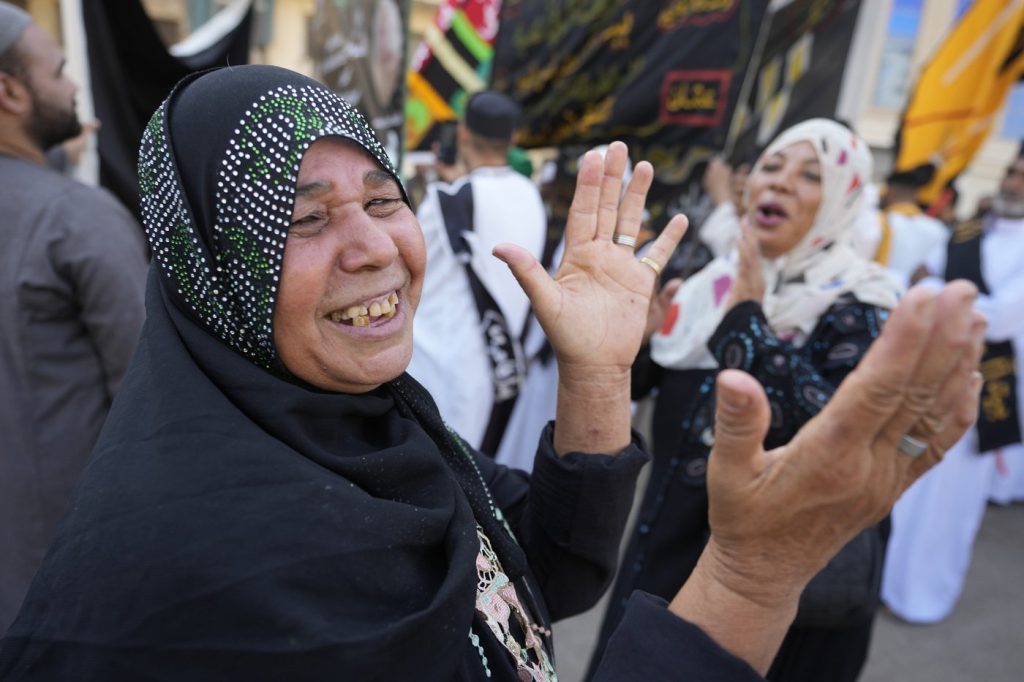Muslims are preparing to welcome a new year in the Hijri lunar calendar, which will mark the beginning of the year 1447 A.H. The Hijri New Year starts with the first day of Muharram, a month following the annual Hajj pilgrimage in Mecca, Saudi Arabia. This upcoming Hijri New Year is anticipated to commence around Thursday, June 26, though the specific date may vary depending on regional Islamic authorities’ sighting of the crescent moon.
The Hijri calendar began in the year 622 C.E., coinciding with the Prophet Muhammad's migration, known as the Hijrah, from Mecca to Medina as an escape from persecution. This pivotal event is recognized as a foundational moment for the early Muslim community, leading to its subsequent religious, social, and political consolidation.
Unlike many New Year celebrations that emphasize festivity, the Hijri New Year is often seen as a more solemn occasion. Muharram is one of the four sacred months during which warfare is forbidden in Islam, fostering an environment that encourages prayer, charity, and self-reflection. Over 20 countries—including the United Arab Emirates, Morocco, and Syria—have designated the Hijri New Year as a national holiday. However, the nature of observance can vary significantly, guided by different Islamic traditions and schools of thought.
For Shiite Muslims, the first ten days of Muharram hold deep significance as a period of mourning, particularly on the 10th of Muharram, known as Ashoura. This day marks the martyrdom of Hussein, the grandson of the Prophet Muhammad, during the Battle of Karbala in 680 C.E. As a result, many Shiite mourners dress in black and take to the streets, engaging in public displays of grief, such as beating their chests or self-flagellating.
In contrast, Sunni Muslims commemorate Ashoura through voluntary fasting, recognizing the day as significant for the parting of the Red Sea by Moses. Demonstrations of mourning frequently occur in cities like Tehran, a hub for Shiite observances, where community gatherings reflect the intensity of grief associated with Ashoura.
This year's Hijri New Year is particularly poignant amid ongoing conflicts affecting Muslim-majority regions. In Iran, recent military strikes have created a tense and dangerous atmosphere; streets have been eerily quiet due to security concerns, with many businesses shuttered and residents seeking shelter. Israel's military offensive in Gaza has further complicated the observation of the new year, as ongoing conflict has reportedly led to significant loss of life among Palestinians, with estimates indicating the deaths of over 55,000 individuals, considering both civilians and combatants, primarily women and children.
Observances of Ashoura in various countries, including Pakistan and Lebanon, have also transformed into platforms for expressing solidarity with Palestinian causes, intertwining religious mourning with commentary on contemporary struggles faced by Muslims globally.
This Hijri New Year will mark the second significant observance amidst the turmoil exacerbated by the Israel-Hamas war, impacting both personal and communal aspects of the holiday for many Muslims. As they navigate the complexities of their historical and current circumstances, the spirit of reflection intrinsic to the Hijri New Year remains a central theme.











